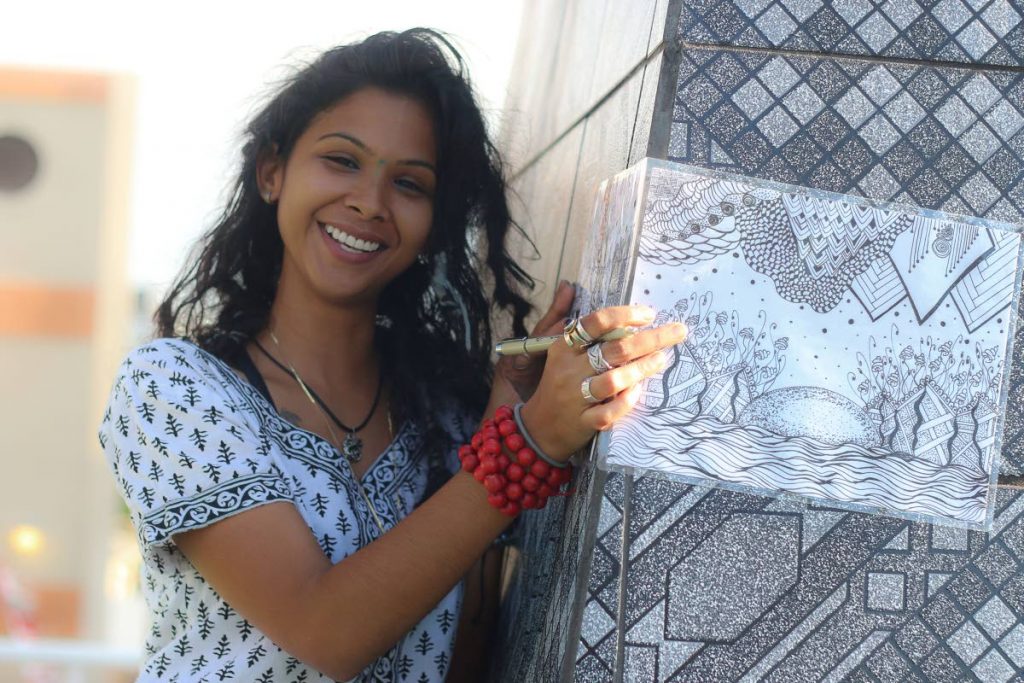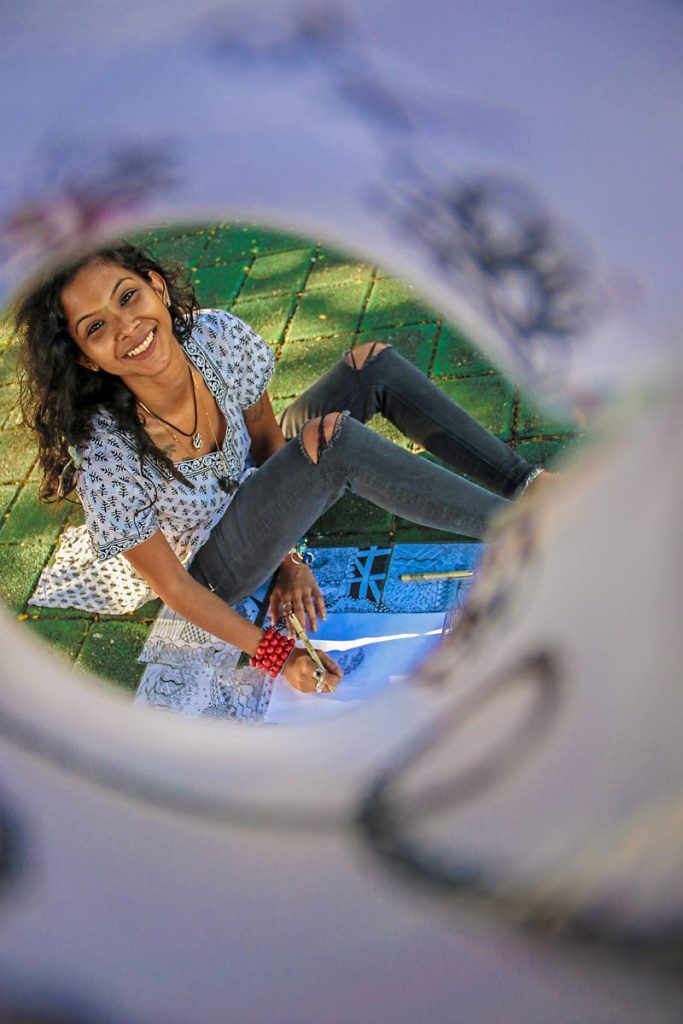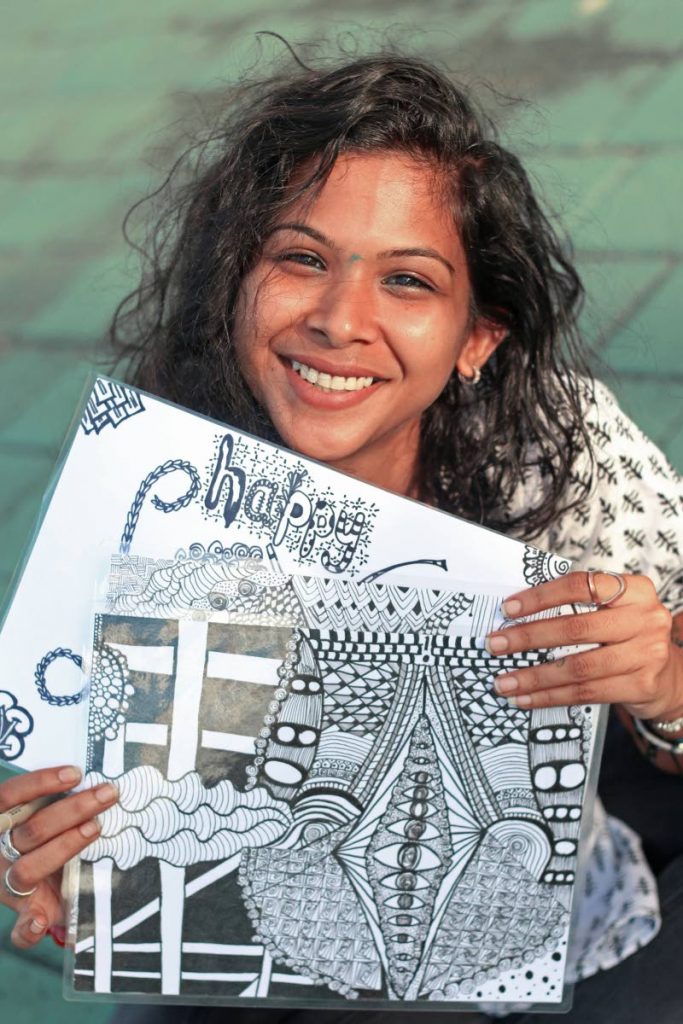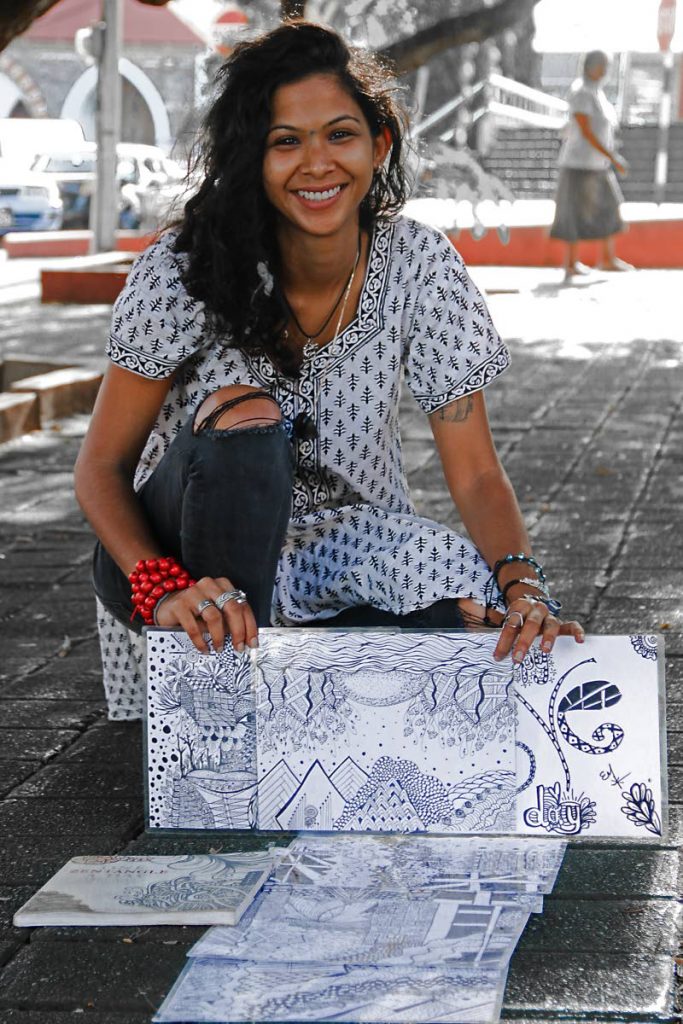Women of resilient grace

Many people believe when women get together they only gossip and fight. The founders of Resilient Grace want to change that perception and create a safe space for women to express themselves and support one another.
Amanda Tai Chew, 27, explained to WMN that the idea behind the budding NGO started when she and her friend Alessandra Rajkumar wanted to host a retreat for women. They planned a number of activities including yoga, dancing, and painting.
“Then we realised we can’t just take a group of women and put them in a house because we don’t know how that would go. We needed to have some time to get to know them a little better, find out who they are, bond with them and those kinds of things.”
They decided to name the group of women Resilient Grace as they believe the words best describe women – women go through many trials and bounce back all the while embodying love and nurturing. They started by sending uplifting emails and eventually decided to grow the group as an NGO.
In September 2018, they had their first gathering on San Fernando Hill and the women appreciated the interactions among themselves.

“We realised it was something powerful, what we could do with a space like this. Basically what we want to do is to be a hub for women, where women can participate in activities, have a space to share the things they are going through, to be with their sisters, a space of genuine help and support, to just be free.”
This led to a number of activities including a movie night, sip and paint, yoga, art therapy, a book club, and an outreach programme with underprivileged children.
She described the NGO as a holistic community and sisterhood, and said they would like to start doing seminars with more practical application such as financial and sustainable development.
So far there are about 35 members – ages 16 to 40 – but there is no age limit. Women are invited to sign up on Instagram or Facebook. “We want women who are coming in to understand this is really a space of no judgement. We don’t resolve things by fighting. Even if people fall out they need to understand that they need to talk about it. It’s about forgiveness and growth.”
Art therapy with Studio M
Out of Resilient Grace came the creative expression company, Studio M.
Tai Chew said from her work with zentangles, planning and organising, and building workshops with the NGO, she found the confidence to start her own company. The workshops she hosts are designed to be therapeutic through exploring art, writing, and drama along with meditation.

Zentangle is a method of drawing using repetitive patterns or tangles using dots, lines, curves and orbs, and incorporates meditation. “If you make a mistake in life you really can’t erase it. You have to appreciate it and flow with it. Zentangle operates on that basis. It is the art of letting go so we don’t use erasers. When you make a line you find that you don’t like, you embrace the line and make it into something.”
She began doing two to three-hour zentangle workshops in September 2018 but started Studio M about three months ago. There she teaches participants eight different tangles then leaves them to work on their own. While they draw she plays relaxing music, talks about letting go, appreciating life, and understanding emotions.
“While they are doing their art I would bring up certain things just to get them thinking. I might say, ‘Sometimes we want to let go of things but we don’t know if we should push through it or let go,’ or talk about how holding certain things inside of us might be as a poison. So while they are doing their art I give them cues to get them thinking about their lives and guide them through it. I think that’s what causes people to feel that release after.”

She said when people come to a workshop, initially they are confused but leave relaxed, refreshed, happy, and appreciative of their art as well as that of the other participants. She stressed she was not teaching people how to draw or write but how to use these as a form of expression and release.
Tai Chew said she began doodling a lot around age 15 but did not realise her work was an artform until she took a class at the University of the West Indies (UWI) with artist Che Lovelace in 2012.
She started researching zentangles, learned the philosophy, and used it to release emotions. She also studied meditation with the Raja Yoga Centre. She is now studying for a BA in Literatures in English with a minor in psychology.
She hopes to carry zentangles to the far ends of TT for people to experience it. One day she also wants to establish a physical space where she can conduct her workshops.
Human rights scholarship
Resilient Grace also led Tai Chew to a partial scholarship with the Women’s Human Rights Education Institute of Costa Rica. Founded by feminist and human rights activist Alda Facio, the course was hosted by UWI and took place from July 28 to September 1.

She applied and received 50 per cent of the funding for the US$1,500 course through the scholarship. The rest was made up through fundraisers and donations from the Oilfields Workers’ Trade Union, and members of Resilient Grace.
There, participants were taught about the UN Convention on the Elimination of all Forms of Discrimination Against Women (CEDAW). She even did a zentangle with the group for one of the activities, as well as short sessions throughout the course. She said Facio and other facilitators appreciated how it got the participants to refocus and how “the energy changed” in the groups after the activities.
Tai Chew plans to use her new knowledge to expand the workings of Resilient Grace. “As an NGO we need to see what TT has and where it is lacking so there is a lot more delving into the law that needs to be done... I will take the information I learned from CEDAW and implement it into Resilient Grace by building activities that will help make up for the lack that we have... I believe it’s not only the law we have to ratify. We need to build programmes and activities that focus on the person and their situation, how they are feeling and help them through that, and building them.”
Tai Chew hopes to either establish or work with a shelter or home of transition for women affected by gender-based violence to ensure their safety, help find them jobs, and build their self esteem. She hopes to develop a support group or course to help them understand their emotions and their self-worth so they have the ability and confidence to stand on their own and not feel as if they have to return to a negative situation.


Comments
"Women of resilient grace"